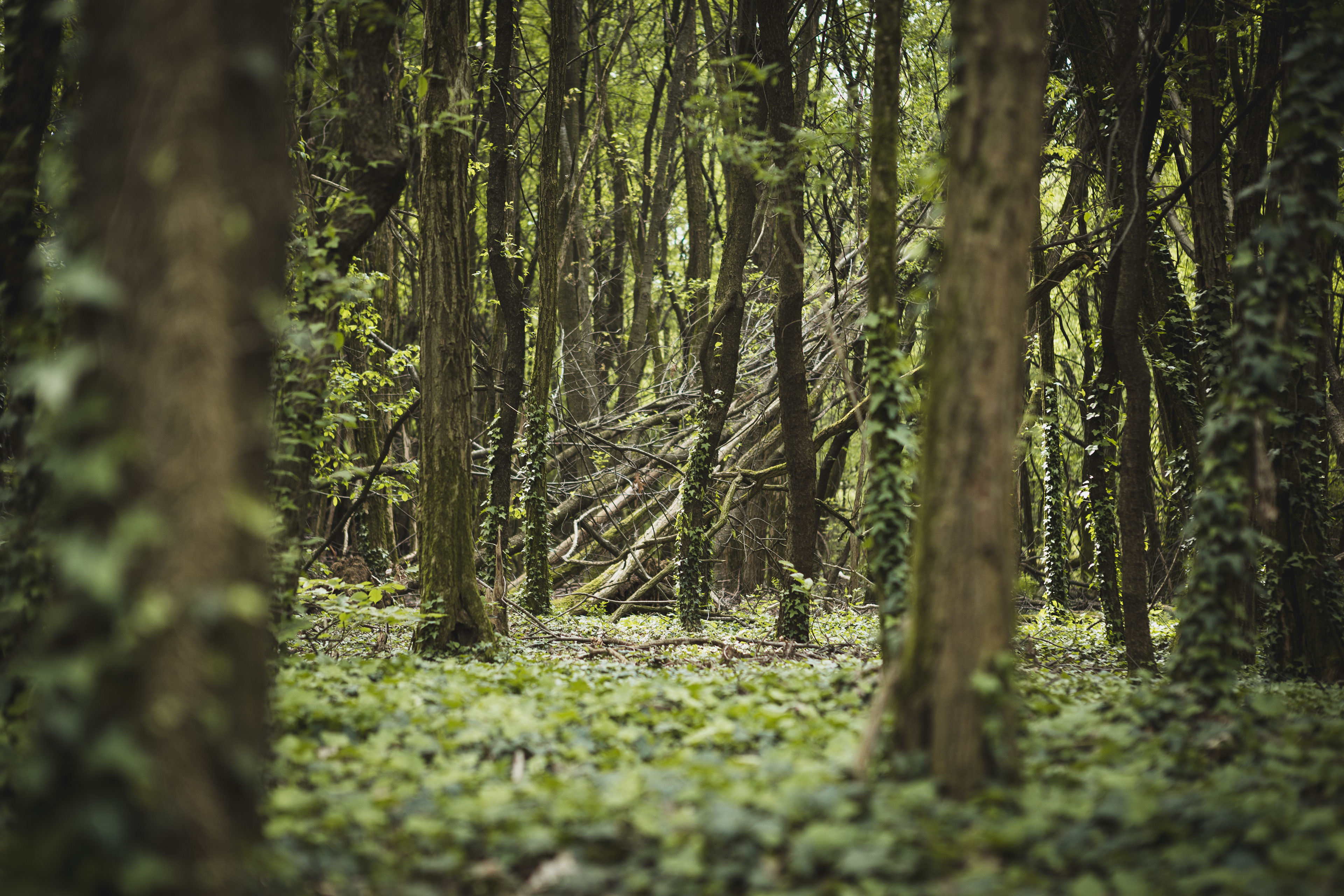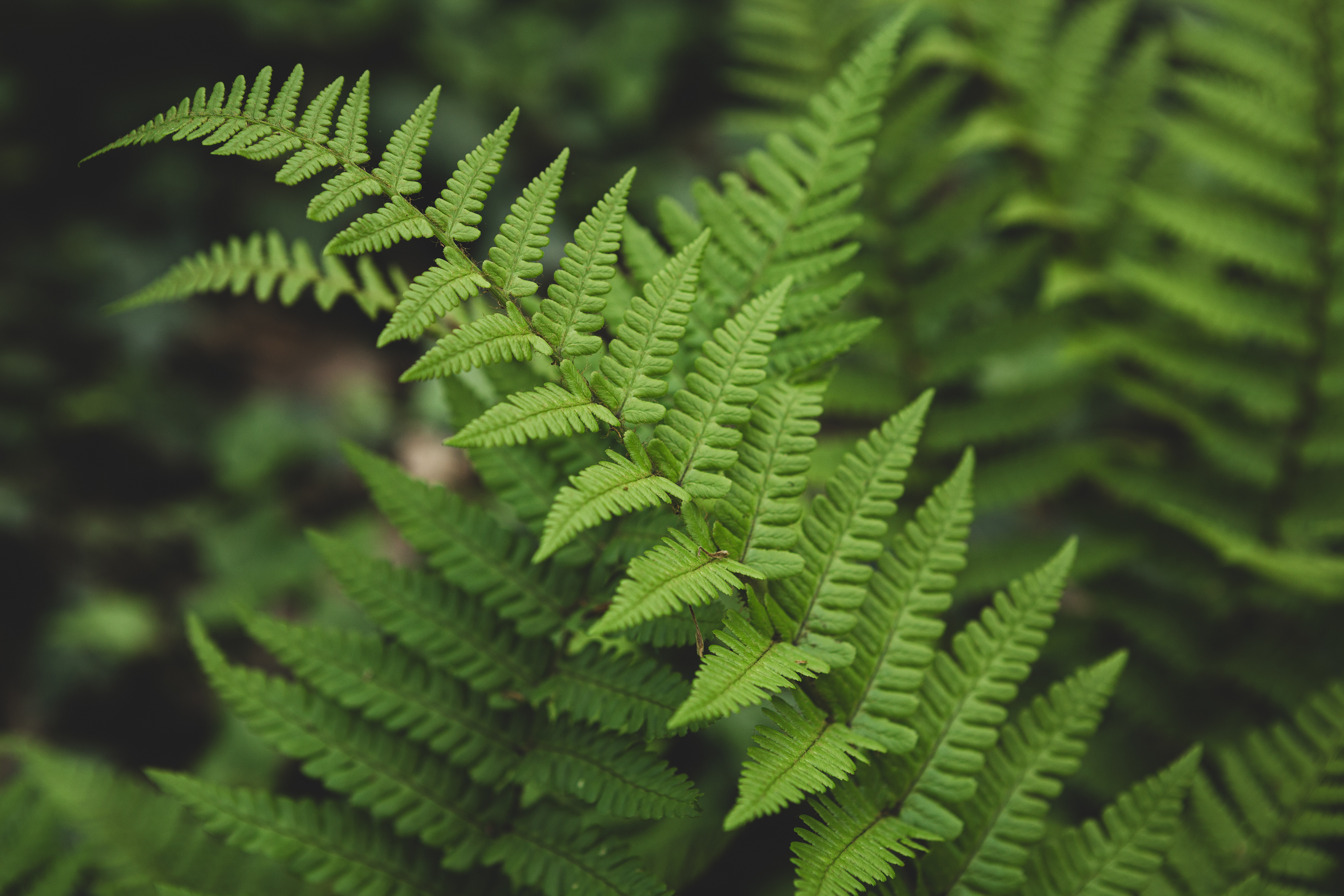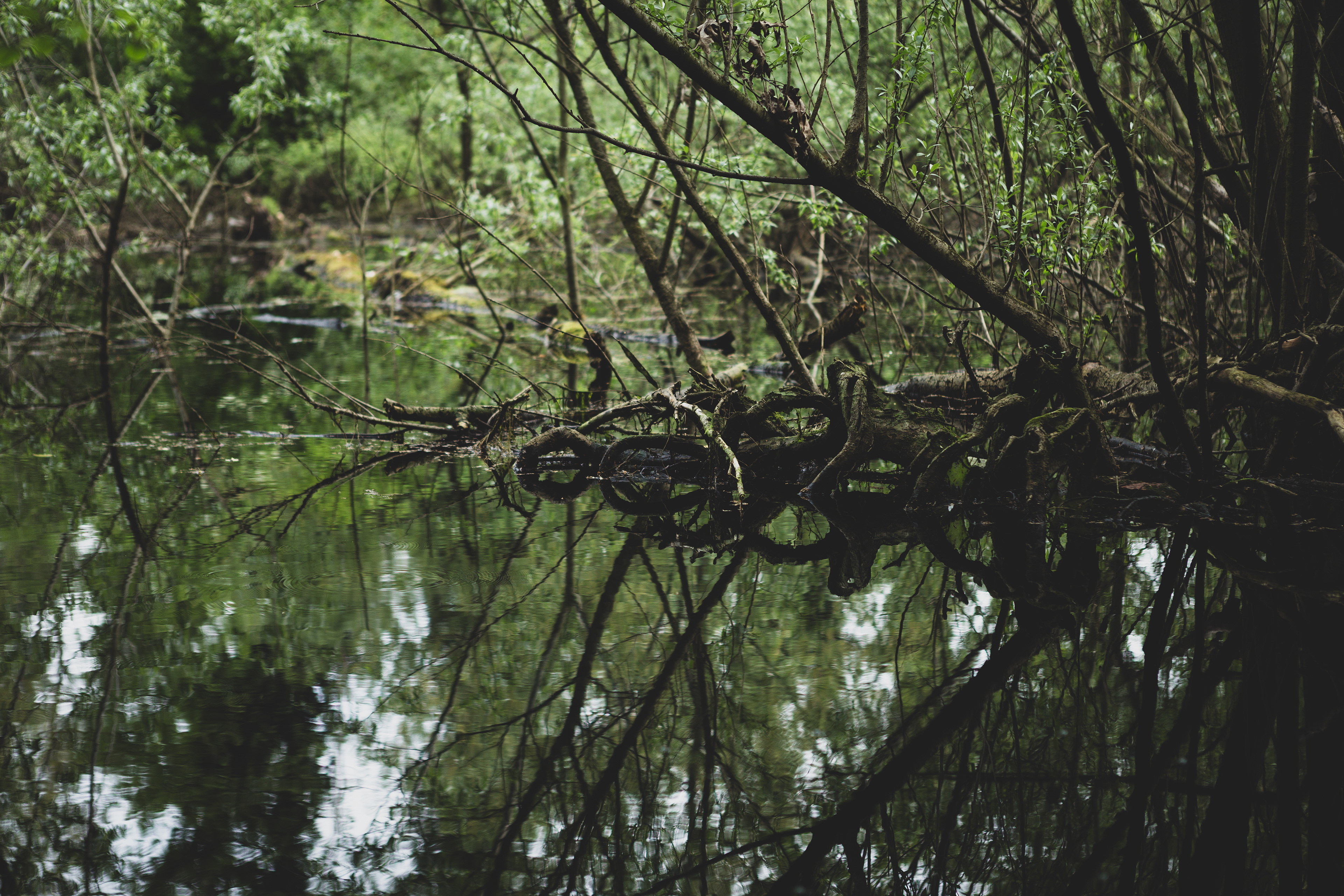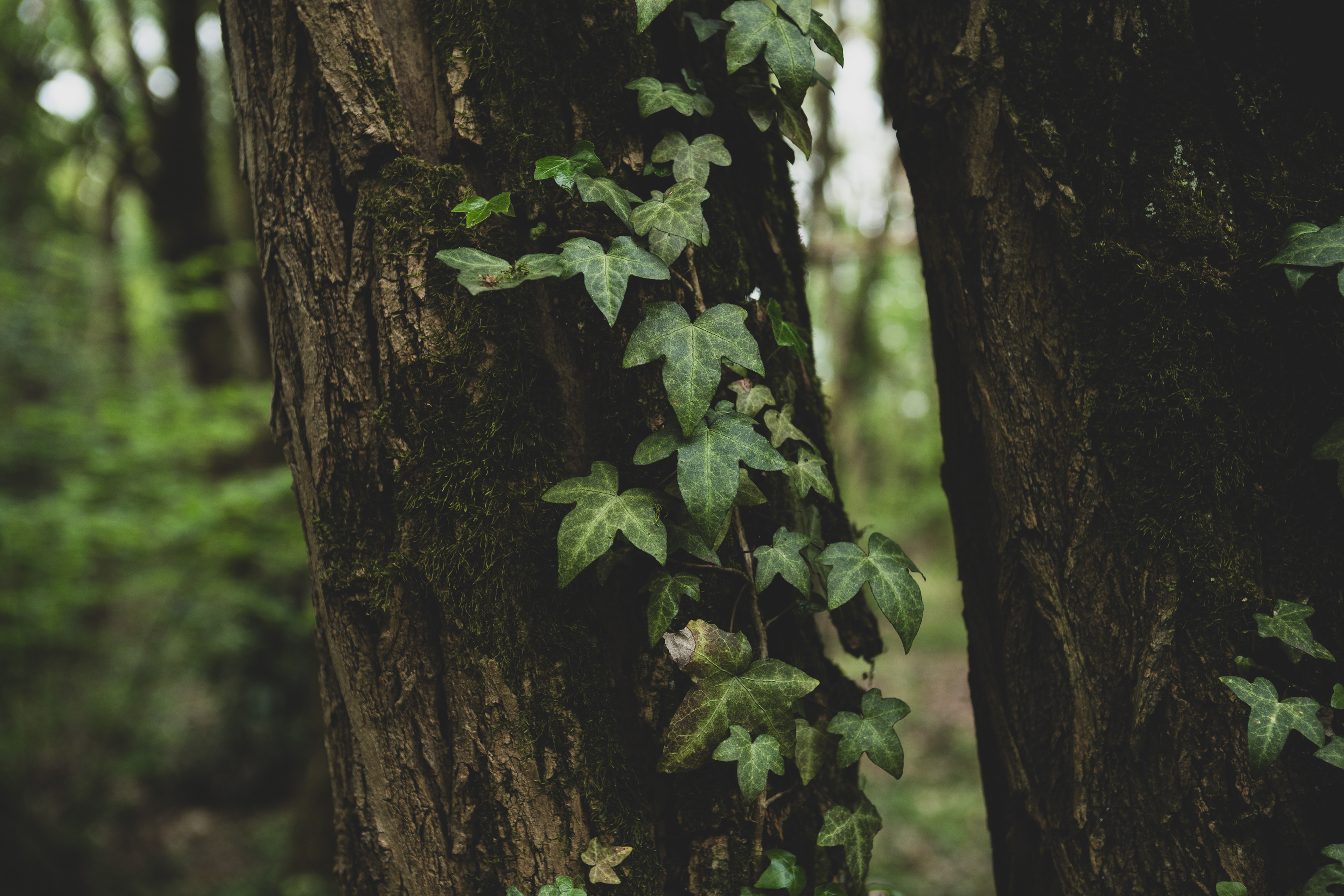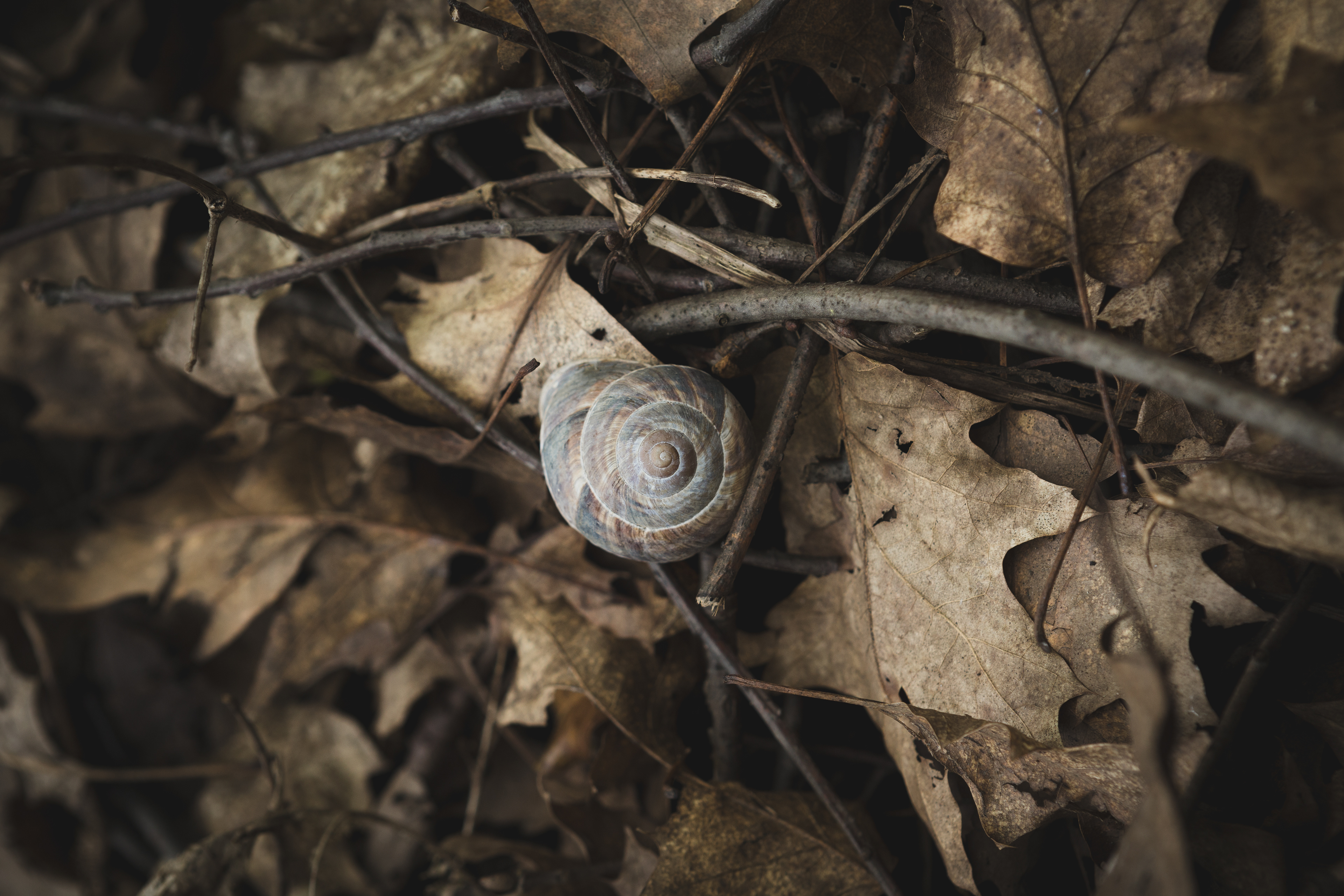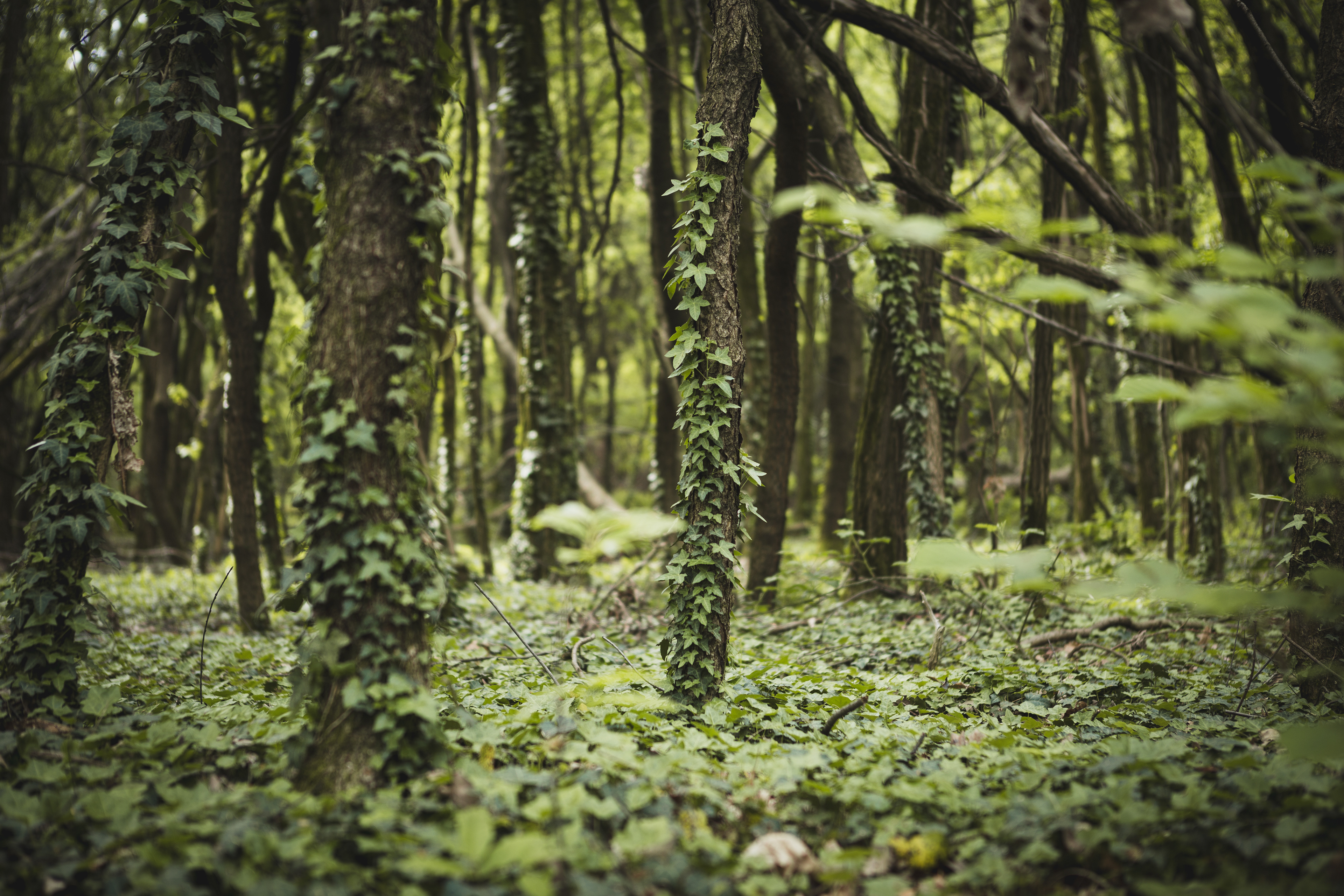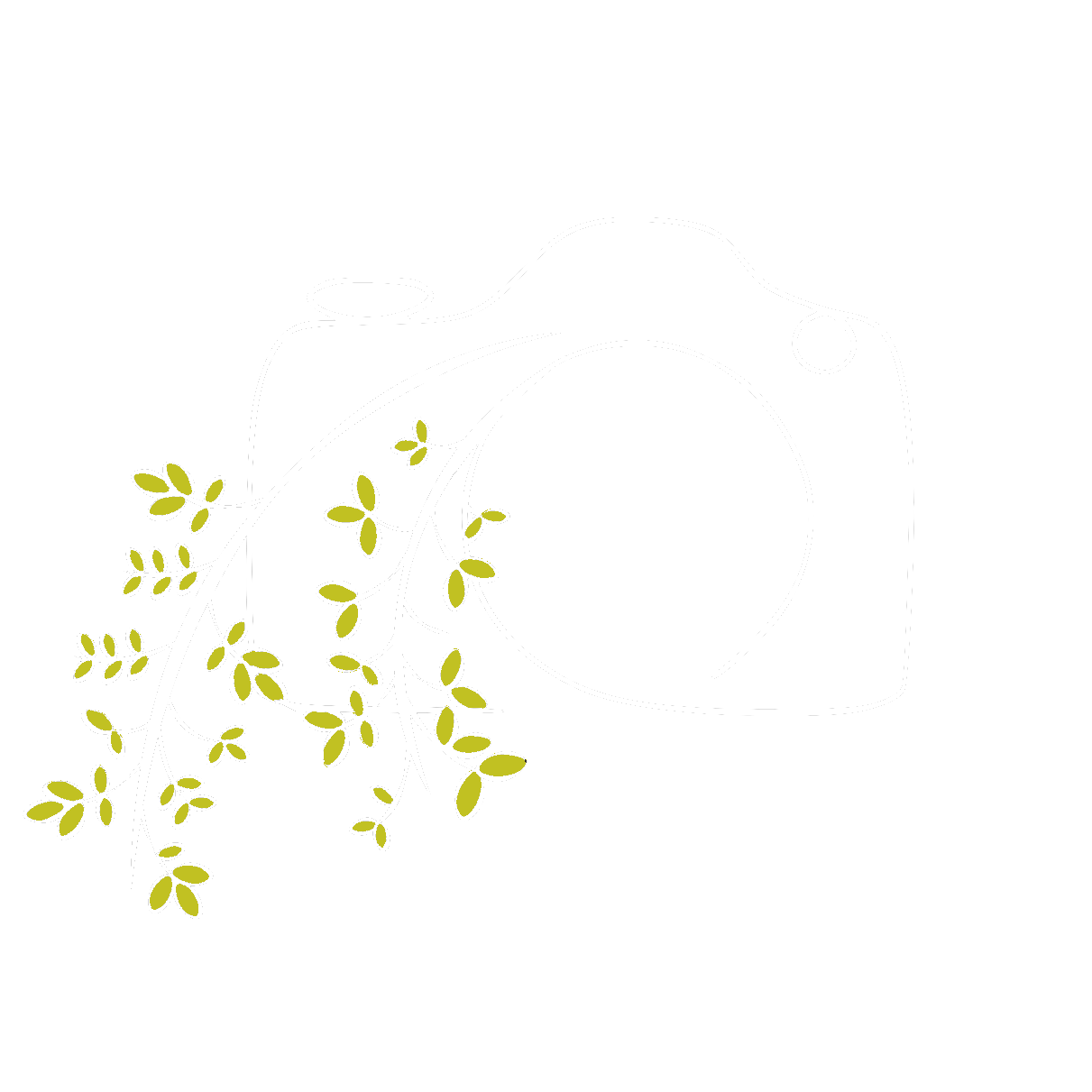DE RERUM NATURA
luglio 2021
luglio 2021
Mi sono accorta che molto del mio lavoro gravita attorno alla natura e all'essere umano all'interno di essa. Il concetto che mi sta a cuore però non è la connessione con la natura, quanto la perdita dei propri limiti e confini, di tutto ciò che ci rende ben definiti, con i nostri connotati, fisici, caratteriali e sociali. Penso che la natura ci dia la possibilità di dimenticarci di chi siamo, del nostro passato e delle scelte che abbiamo fatto, di ricucire quegli strappi, quelle deviazioni che ci hanno condotto fino all'adesso. Di dimenticarci per un po' di chi siamo all'interno della società, dei nostri ruoli (scelti, imposti o auto imposti), delle aspettative su noi stessi nostre e degli altri. Di non essere, in poche parole, quell'unico soggetto che siamo abituati a pensare quando pensiamo a noi stessi, ma di scioglierci, moltiplicarci, senza volto ma con più forme, ritornando a un informe ma multiforme io. Come l'acqua profonda, sempre calma, sempre buia, che sta sotto la superficie del mondo, pronta a generare qualcosa di nuovo ma non obbligata a farlo, immobile nella sua divina calma.
De Rerum Natura significa "la natura delle cose" in latino. È il titolo di un poema filosofico del I secolo a.C., scritto da Lucrezio, un poema misterioso e scientifico allo stesso tempo. Ha un sapore di mito antico ma anche una passione per la scienza quasi moderna, come penso che ogni essere umano sia: un intero mondo, un pianeta in costante divenire, senza forma definita eppure con delle manifestazioni ben precise nel presente che possiamo conoscere, di noi e degli altri.
___________________________
I have noticed that much of my work gravitates around nature and the human being within it. The concept I hold dear, however, is not the connection with nature so much as the loss of one's limits and boundaries, of everything that makes us well-defined, with our connotations, physical, temperamental and social. I think nature gives us a chance to forget who we are, our past and the choices we have made, to mend those rips, those detours that have led us to the now. To forget for a while who we are within society, our roles (chosen, imposed or self-imposed), our expectations of ourselves and others. Of not being, in a nutshell, that single subject we are used to thinking of when we think of ourselves, but of melting away, multiplying ourselves, faceless but with multiple forms, returning to a shapeless but multiform self. Like the deep water, always calm, always dark, that lies beneath the surface of the world, ready to generate something new but not obliged to do so, motionless in its divine calm.
De Rerum Natura means "the nature of things" in Latin. It is the title of a philosophical poem from the first century B.C., written by Lucretius. It is both a mysterious and scientific poem at the same time, with a flavor of ancient myth but also a passion for almost modern science, as I think every human being is: a whole world, a planet in constant becoming, without definite form and yet with definite manifestations in the present that we can know, of ourselves and others.
_________________________________________
SLOTH
aprile 2021
aprile 2021
Questa è la versione negativa di ciò che voglio dire con "De rerum natura": a volte per me quello stato di non definizione è desiderabile, nel senso di una quiete, di un sonno dalle intenzioni, dall'obbligo di prendere delle scelte, di prendersi la responsabilità della propria vita. La traduzione negativa del ritorno a se stessi di De rerum natura è l'annullamento di sè, quell'immobilità, quella staticità senza tempo che possono permettersi solo le divinità, non gli esseri umani. Un sonno indifferente, la pigrizia, la mancanza di voglia di essere umana proprio in quel momento e in quel contesto che mi sta scomodo, che mi sta stretto. Il tentativo di fondersi con le cose non per ritornare a se stessi ma per perdere se stessi.
Mi rendo conto che è la mia reazione ai traumi, alle difficoltà: altri si agitano fino alla tachicardia e all'ansia, io invece mi addormento di un sonno vuoto, entro in uno stato di apatia e indifferenza che mi fa osservare la mia vita e le cose da lontano, senza voglia di lasciarmene toccare o coinvolgere.
Penso che questo stato si possa chiamare accidia: lo stare male e in qualche modo cercare di distaccarsi da questo malessere, annullarsi e allontanarsi da ciò che ci fa stare male ma senza stare meglio.
Me ne accorgo, e vorrei svegliarmi da questo stato, ma è così difficile... mi sento sola perchè io non mi sono di compagnia, abbandonata da me stessa a me stessa.
Sloth è anche il nome di un personaggio di Fullmetal Alchemist. È uno degli homunculi, copie create a tavolino degli esseri umani e che rappresentano i sette vizi capitali. Continua a chiedersi “dove sono?” e, non si capisce bene rivolto a chi o a che cosa (forse alla vita stessa), continua a ripetere “che seccatura...”
Mi rendo conto che è la mia reazione ai traumi, alle difficoltà: altri si agitano fino alla tachicardia e all'ansia, io invece mi addormento di un sonno vuoto, entro in uno stato di apatia e indifferenza che mi fa osservare la mia vita e le cose da lontano, senza voglia di lasciarmene toccare o coinvolgere.
Penso che questo stato si possa chiamare accidia: lo stare male e in qualche modo cercare di distaccarsi da questo malessere, annullarsi e allontanarsi da ciò che ci fa stare male ma senza stare meglio.
Me ne accorgo, e vorrei svegliarmi da questo stato, ma è così difficile... mi sento sola perchè io non mi sono di compagnia, abbandonata da me stessa a me stessa.
Sloth è anche il nome di un personaggio di Fullmetal Alchemist. È uno degli homunculi, copie create a tavolino degli esseri umani e che rappresentano i sette vizi capitali. Continua a chiedersi “dove sono?” e, non si capisce bene rivolto a chi o a che cosa (forse alla vita stessa), continua a ripetere “che seccatura...”
___________________________
This is the negative version of what I mean by "De rerum natura": sometimes, for me, that state of non-definition is desirable, in the sense of a stillness, a sleep from intentions, from the obligation to make choices, to take responsibility for one's life. The negative translation of De rerum natura's return to self is self-annihilation, the immobility, the timeless stillness that only deities can afford, not human beings. An indifferent sleep, laziness, a lack of desire to be human at that very moment and in that context that is uncomfortable for me, that feels tight. The attempt to merge with things not to return to oneself but to lose oneself.
I realize that this is my reaction to traumas, to difficulties: others become agitated to the point of tachycardia and anxiety, while I fall asleep in an empty sleep, enter a state of apathy and indifference that makes me observe my life and things from afar, with no desire to let myself be touched or involved.
I think this state can be called sloth: the being sick and somehow trying to detach oneself from this sickness, undoing oneself and getting away from what makes us sick but still not getting better.
I notice this, and I would like to wake up from this state, but it feels so difficult. I feel lonely because I am not companion to me, abandoned by me to myself.
I realize that this is my reaction to traumas, to difficulties: others become agitated to the point of tachycardia and anxiety, while I fall asleep in an empty sleep, enter a state of apathy and indifference that makes me observe my life and things from afar, with no desire to let myself be touched or involved.
I think this state can be called sloth: the being sick and somehow trying to detach oneself from this sickness, undoing oneself and getting away from what makes us sick but still not getting better.
I notice this, and I would like to wake up from this state, but it feels so difficult. I feel lonely because I am not companion to me, abandoned by me to myself.
Sloth is also the name of a character in Fullmetal Alchemist. He is one of the homunculi, desk-created copies of human beings that represent the seven deadly vices. He keeps asking "where am I?" and, unclear addressed to whom or to what (perhaps to life itself), keeps repeating "what a bummer..."
_________________________________________
NEED FOR BEAUTY
maggio 2023
maggio 2023
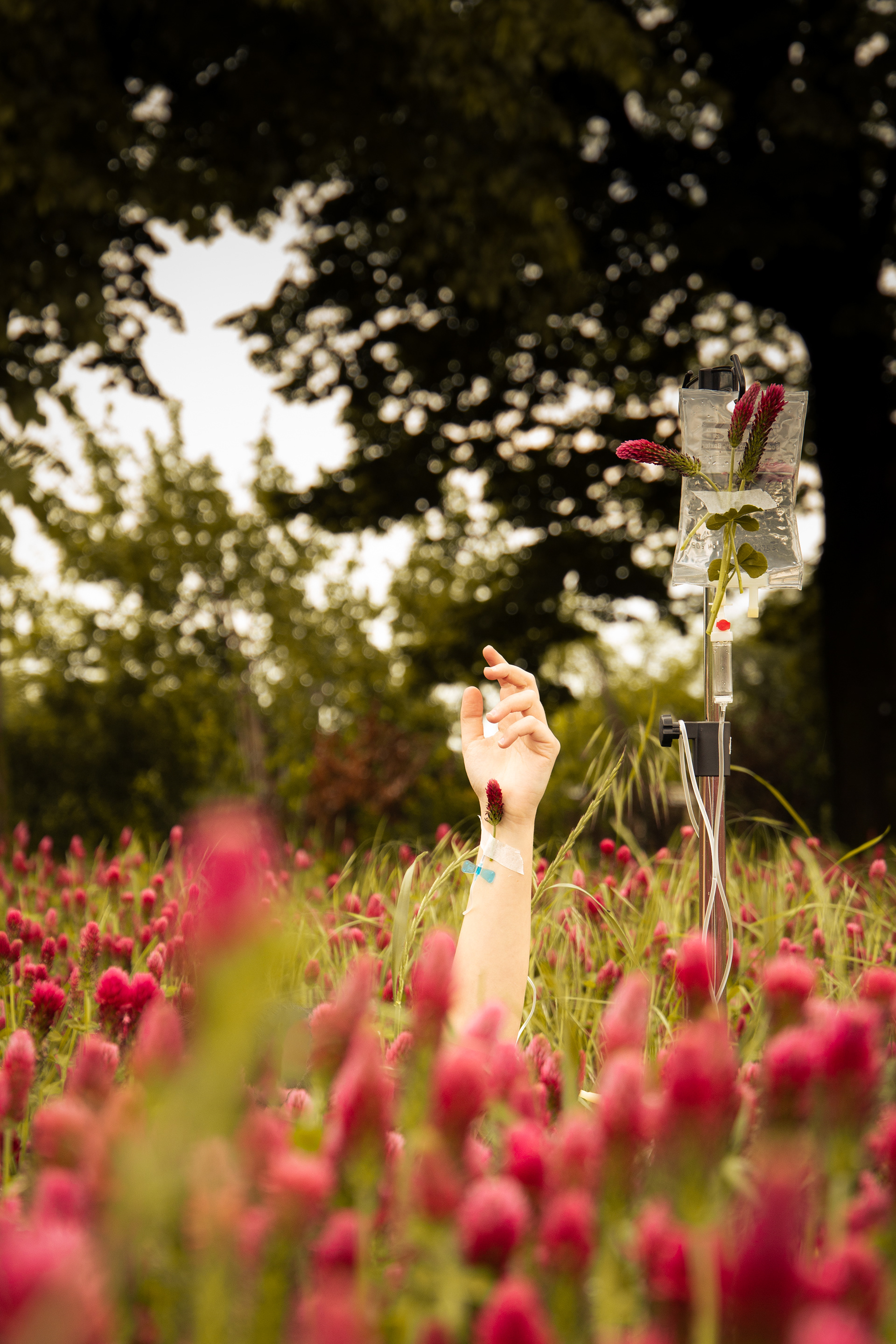
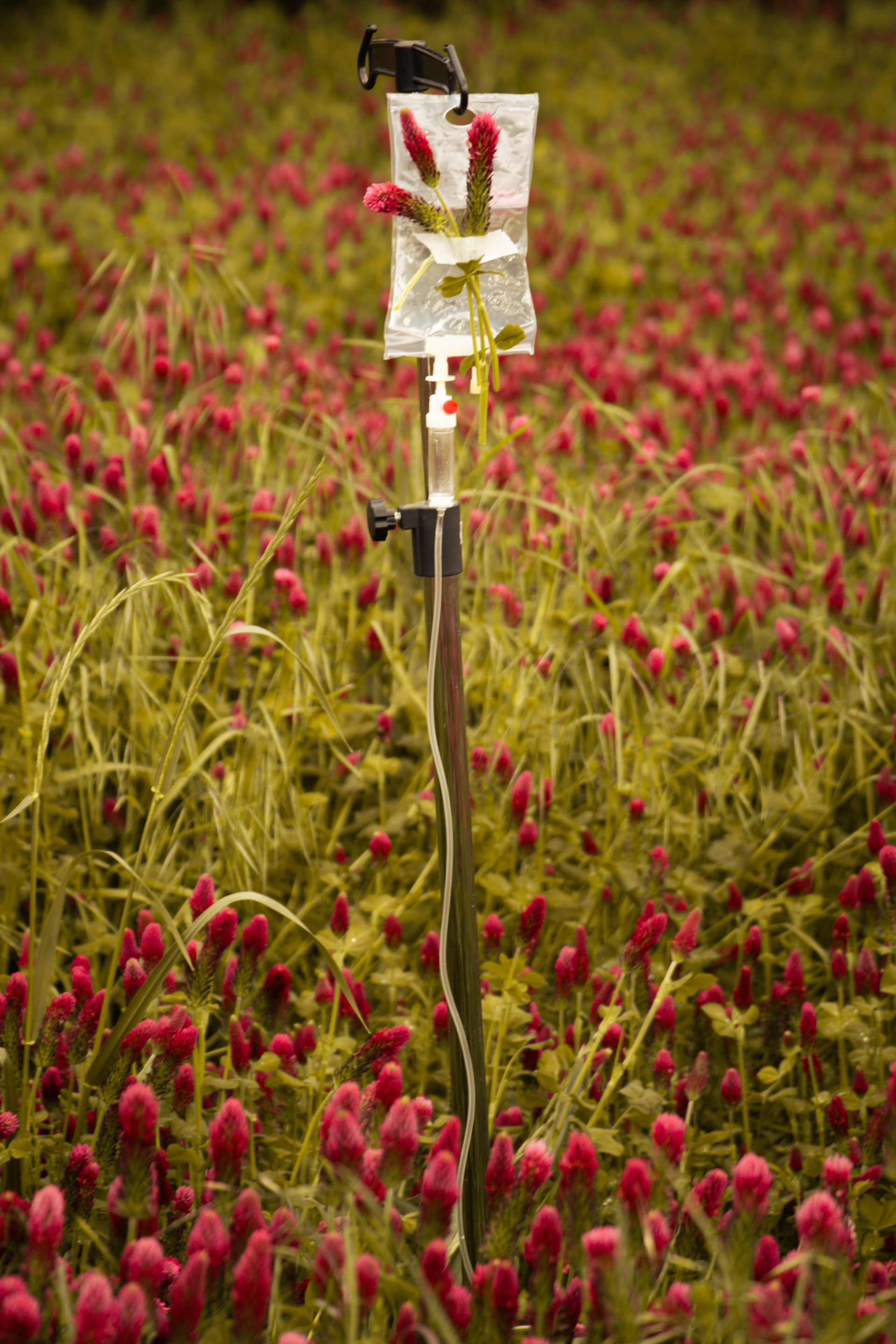
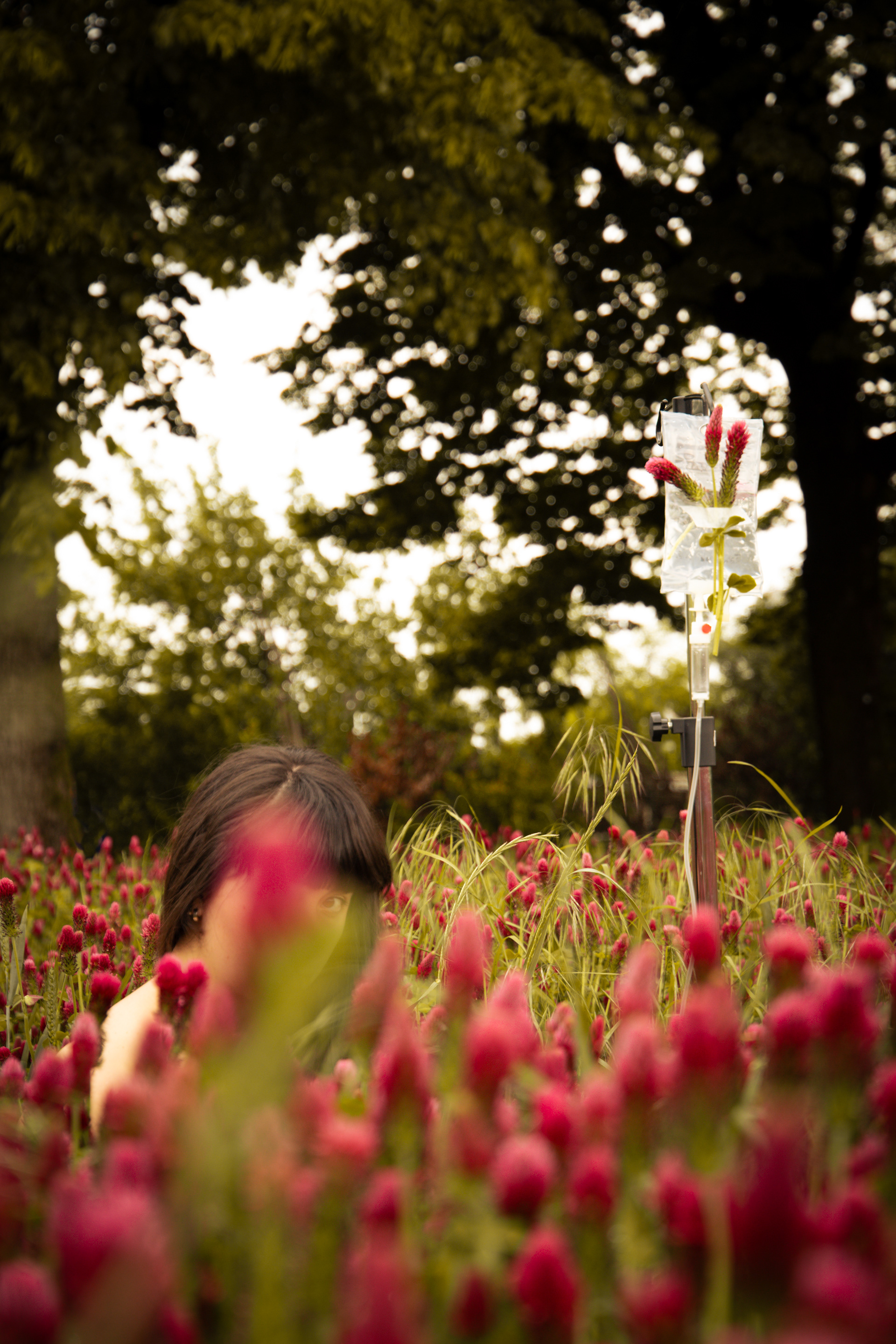
A volte mi capita di trovarmi addosso una certa inquietudine, insoddisfazione, fastidio. Come quando si ha il naso chiuso: è frustrante, estenuante e fastidioso allo stesso tempo. Non hai tempo né voglia di farci caso. Ci si abitua, ma arriva un momento in cui non se ne può più. Quando ci si rende conto che, in effetti, quell'inquietudine e quel disagio a cui non si è avuto il tempo di pensare, in realtà era bisogno di respirare.
In questi momenti mi viene da pensare che il mondo che abbiamo costruito non è fatto per noi. Usiamo tutto il nostro tempo e la nostra energia per lavorare, e con quel poco che ci rimane non abbiamo la forza di fare ciò che ci piace. Ci incastriamo da soli in posti spesso brutti, ci siamo abituati a essere stanchi, ad avere obblighi, scadenze, verifiche, e finiamo per fare le cose solo se abbiamo una pressione di questo tipo.
Diventa sempre più difficile prendere iniziative, intraprendere progetti, investire tempo, denaro o energia in qualcosa che nasce dalla nostra libertà e creatività o semplicemente dal desiderio di stare bene.
Diventa sempre più difficile prendere iniziative, intraprendere progetti, investire tempo, denaro o energia in qualcosa che nasce dalla nostra libertà e creatività o semplicemente dal desiderio di stare bene.
In quei momenti (e sempre) ho bisogno di bellezza. Ne ho bisogno come dell'aria quando mi accorgo di non aver respirato per un po'. Ne ho bisogno come del nutrimento che avevo dimenticato di amare.
___________________________
“No, we don’t need more sleep. It’s our souls that are tired, not our bodies. We need nature. We need magic. We need adventure. We need freedom. We need truth. We need stillness.
We don’t need more sleep, we need to wake up and live.”
- Brooke Hampton
We don’t need more sleep, we need to wake up and live.”
- Brooke Hampton
___________________________
Sometimes I find a certain restlessness, dissatisfaction, discomfort on me. Like when you have a stuffy nose: it's frustrating, exhausting and annoying at the same time. You have no time or desire to pay attention to it. You get used to it, but there comes a time when you can't take it anymore. When you realize that indeed, that restlessness and discomfort you didn't have time to think about, is need to breathe.
At such times I get thinking that the world we have built is not made for us. We use all our time and energy to work, and with what little we have left we don't have the energy to do what we like. We have stuck ourselves in places that are often ugly, we have gotten used to being tired, to having obligations, deadlines, verifications, and we end up doing things only if we feel some pressure of this kind.
It becomes more and more difficult to take initiatives, to undertake projects, to invest time, money or energy in something that arises from our freedom and creativity or simply from the desire to feel good.
It becomes more and more difficult to take initiatives, to undertake projects, to invest time, money or energy in something that arises from our freedom and creativity or simply from the desire to feel good.
In that moments (and always) I need beauty. I need it like air when I realize I haven't been breathing for a while. I need it like nourishment I forgot I loved.
_________________________________________
LE PETIT PRINCE
giugno 2021
giugno 2021
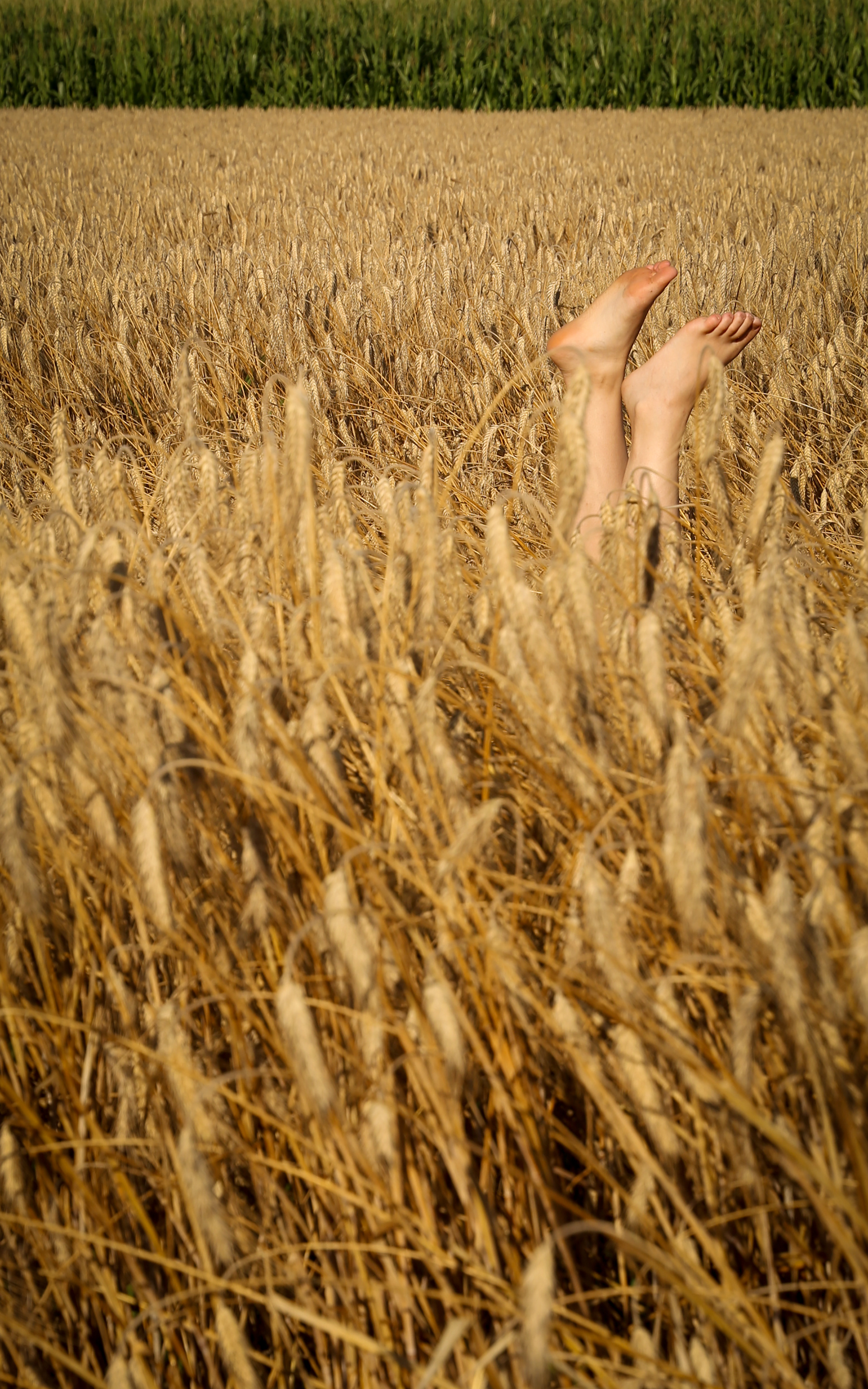
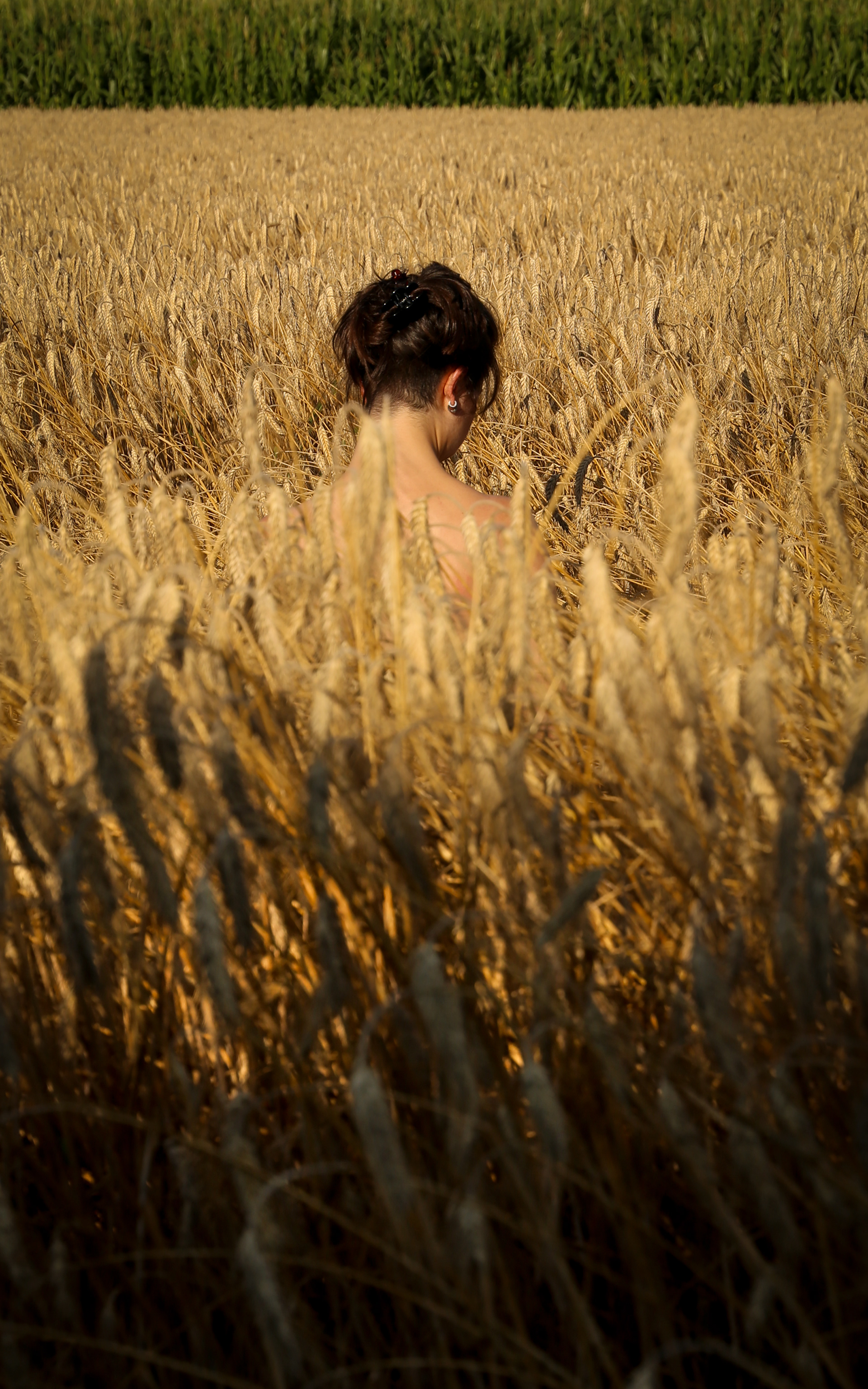
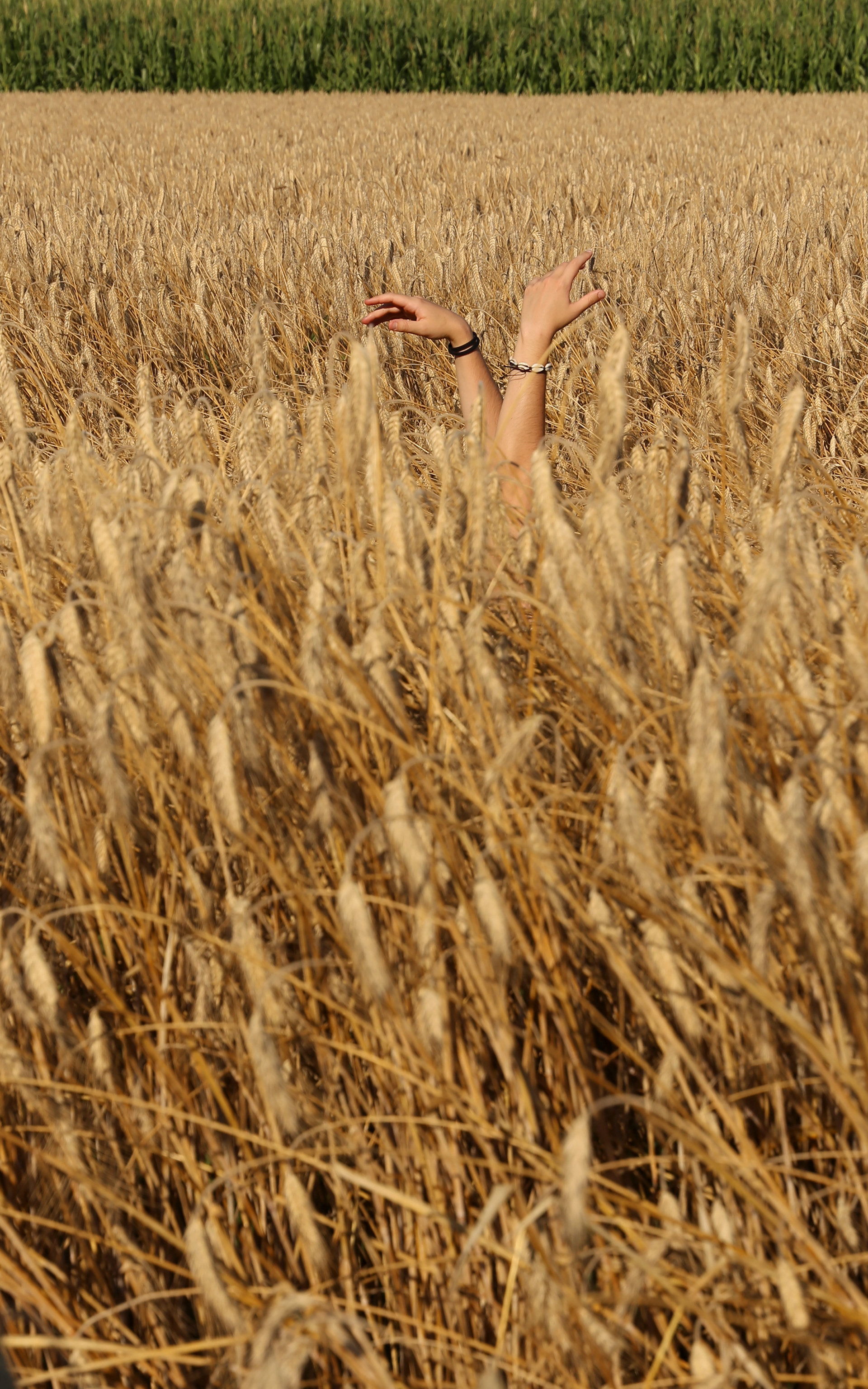
Il Piccolo Principe e la volpe nel grano. Una storia che mi hanno letto alle elementari e che mi è rimasta particolarmente impressa, sedimentando per un po’ nel retro del cervello dove tutto si muove anche se non ce ne accorgiamo.
Abbandonata da me stessa a me stessa (Sloth), vorrei che qualcuno mi trovasse e mi addomesticasse, che mi conoscesse e mi leggesse, in modo che anche io diventi più conosciuta a me stessa e allo stesso tempo anche il mondo intorno a me, la mia vita che non ho deciso io di avere e che a volte sopporto così a fatica, prenda colore e significato.
Se le cose sono all’interno di una relazione sono più facili da imparare e da sopportare. Gli assoluti, per quanto a volte io li desideri, rimangono irraggiungibili, perchè sono definiti senza punti di riferimento.
Abbandonata da me stessa a me stessa (Sloth), vorrei che qualcuno mi trovasse e mi addomesticasse, che mi conoscesse e mi leggesse, in modo che anche io diventi più conosciuta a me stessa e allo stesso tempo anche il mondo intorno a me, la mia vita che non ho deciso io di avere e che a volte sopporto così a fatica, prenda colore e significato.
Se le cose sono all’interno di una relazione sono più facili da imparare e da sopportare. Gli assoluti, per quanto a volte io li desideri, rimangono irraggiungibili, perchè sono definiti senza punti di riferimento.
"Tu, fino ad ora, per me, non sei che un ragazzino uguale a centomila ragazzini. E non ho bisogno di te. E neppure tu hai bisogno di me. Io non sono per te che una volpe uguale a centomila volpi.
Ma se tu mi addomestichi, noi avremo bisogno l’uno dell’altro. Tu sarai per me unico al mondo, e io sarò per te unica al mondo. [...] Ma se tu mi addomestichi, la mia vita sarà illuminata. Conoscerò un rumore di passi che sarà diverso da tutti gli altri. Gli altri passi mi fanno nascondere sotto terra. Il tuo, mi farà uscire dalla tana, come una musica. E poi, guarda! Vedi, laggiù in fondo, dei campi di grano? Io non mangio il pane e il grano, per me è inutile. I campi di grano non mi ricordano nulla. E questo è triste! Ma tu hai dei capelli color dell’oro. Allora sarà meraviglioso quando mi avrai addomesticato. Il grano, che è dorato, mi farà pensare a te. E amerò il rumore del vento nel grano"
— Il Piccolo Principe, de Saint-Exupéry
Ma se tu mi addomestichi, noi avremo bisogno l’uno dell’altro. Tu sarai per me unico al mondo, e io sarò per te unica al mondo. [...] Ma se tu mi addomestichi, la mia vita sarà illuminata. Conoscerò un rumore di passi che sarà diverso da tutti gli altri. Gli altri passi mi fanno nascondere sotto terra. Il tuo, mi farà uscire dalla tana, come una musica. E poi, guarda! Vedi, laggiù in fondo, dei campi di grano? Io non mangio il pane e il grano, per me è inutile. I campi di grano non mi ricordano nulla. E questo è triste! Ma tu hai dei capelli color dell’oro. Allora sarà meraviglioso quando mi avrai addomesticato. Il grano, che è dorato, mi farà pensare a te. E amerò il rumore del vento nel grano"
— Il Piccolo Principe, de Saint-Exupéry
___________________________
The Little Prince and the fox in the corn. A story that I was read in elementary school and that particularly stuck with me, settling for a while in the back of the brain where everything moves even if we don't notice it.
Abandoned by myself to myself (Sloth), I would like someone to find me and tame me, to know me and read me, so that I, too, become more known to myself and at the same time the world around me, my life that I did not decide to have and that I sometimes endure so hard, also takes on color and meaning.
If things are within a relationship they are easier to learn and endure. Absolutes, no matter how much I sometimes desire them, remain unattainable because they are defined without reference points.
Abandoned by myself to myself (Sloth), I would like someone to find me and tame me, to know me and read me, so that I, too, become more known to myself and at the same time the world around me, my life that I did not decide to have and that I sometimes endure so hard, also takes on color and meaning.
If things are within a relationship they are easier to learn and endure. Absolutes, no matter how much I sometimes desire them, remain unattainable because they are defined without reference points.
"To me, you are still nothing more than a little boy who is just like a hundred thousand other little boys. And I have no need of you. And you, on your part, have no need of me.
To you, I am nothing more than a fox like a hundred thousand other foxes.
But if you tame me, then we shall need each other. To me, you will be unique in all the world. To you, I shall be unique in all the world. [...] But if you tame me, it will be as if the sun came to shine on my life. I shall know the sound of a step that will be different from all the others. Other steps send me hurrying back underneath the ground. Yours will call me, like music, out of my burrow. And then look: you see the grain-fields down yonder? I do not eat bread. Wheat is of no use to me. The wheat fields have nothing to say to me. And that is sad. But you have hair that is the color of gold. Think how wonderful that will be when you have tamed me! The grain, which is also golden, will bring me back the thought of you. And I shall love to listen to the wind in the wheat..."
— Le Petit Prince, de Saint-Exupéry
To you, I am nothing more than a fox like a hundred thousand other foxes.
But if you tame me, then we shall need each other. To me, you will be unique in all the world. To you, I shall be unique in all the world. [...] But if you tame me, it will be as if the sun came to shine on my life. I shall know the sound of a step that will be different from all the others. Other steps send me hurrying back underneath the ground. Yours will call me, like music, out of my burrow. And then look: you see the grain-fields down yonder? I do not eat bread. Wheat is of no use to me. The wheat fields have nothing to say to me. And that is sad. But you have hair that is the color of gold. Think how wonderful that will be when you have tamed me! The grain, which is also golden, will bring me back the thought of you. And I shall love to listen to the wind in the wheat..."
— Le Petit Prince, de Saint-Exupéry
_________________________________________
BHEREG
marzo 2024
marzo 2024
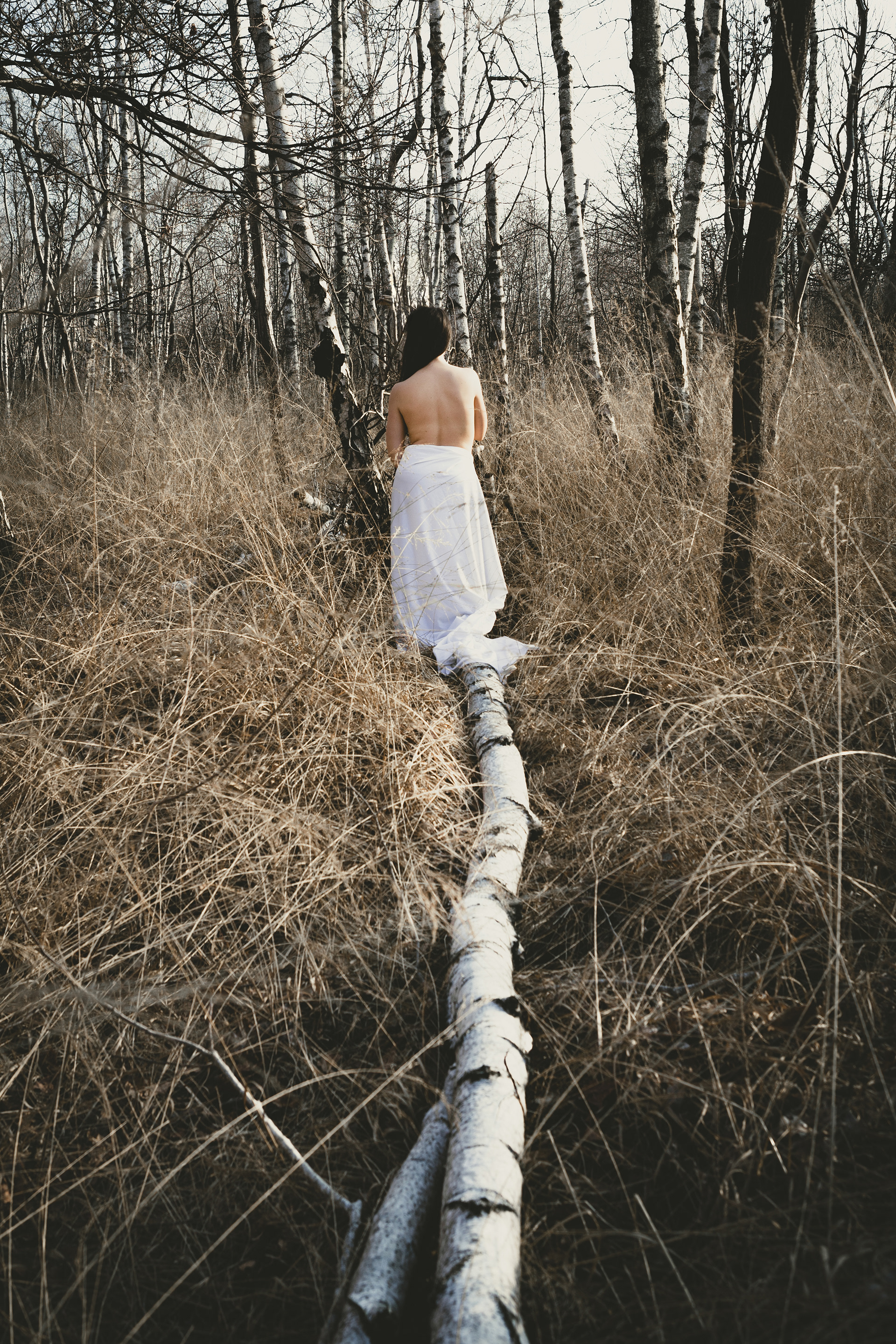
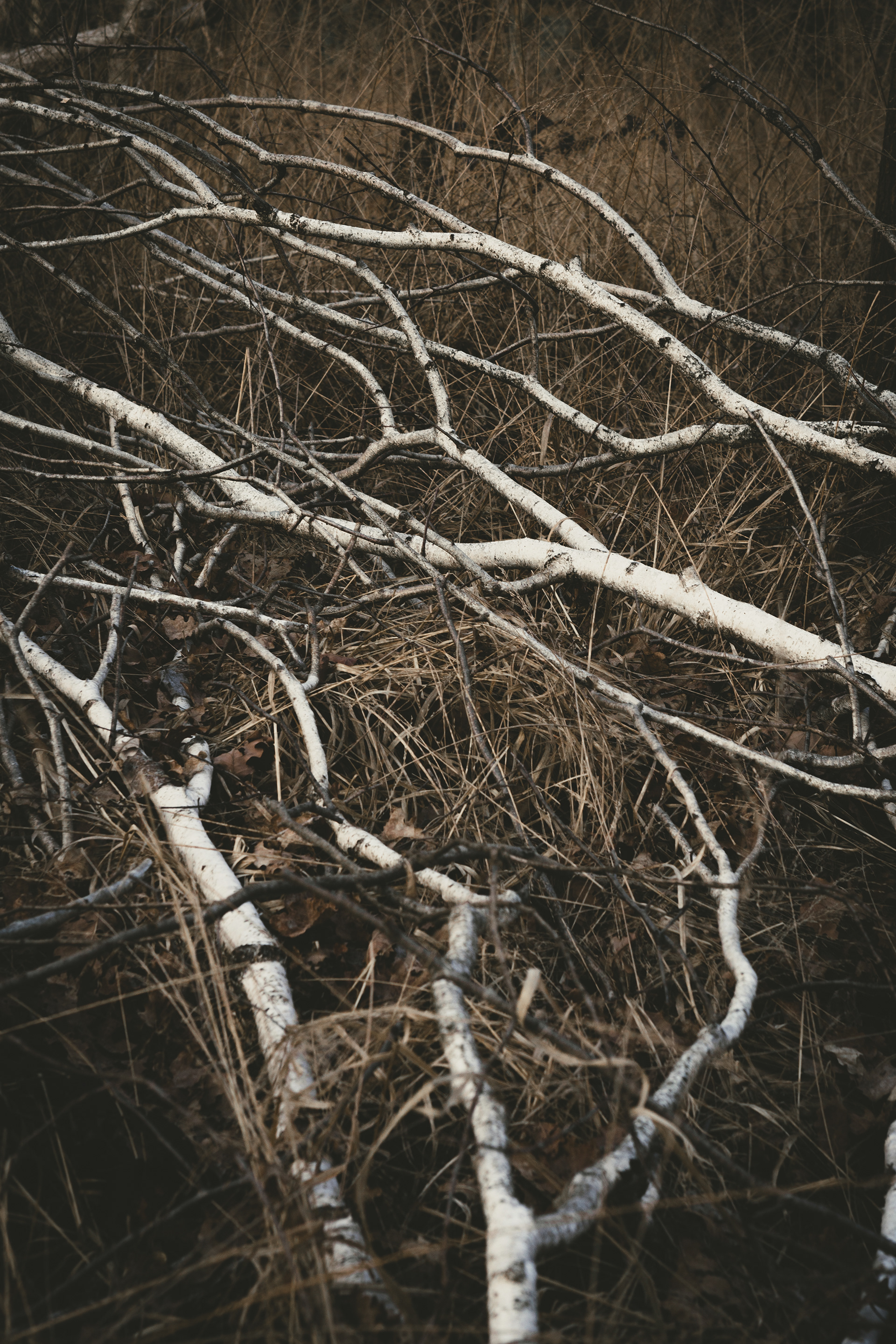
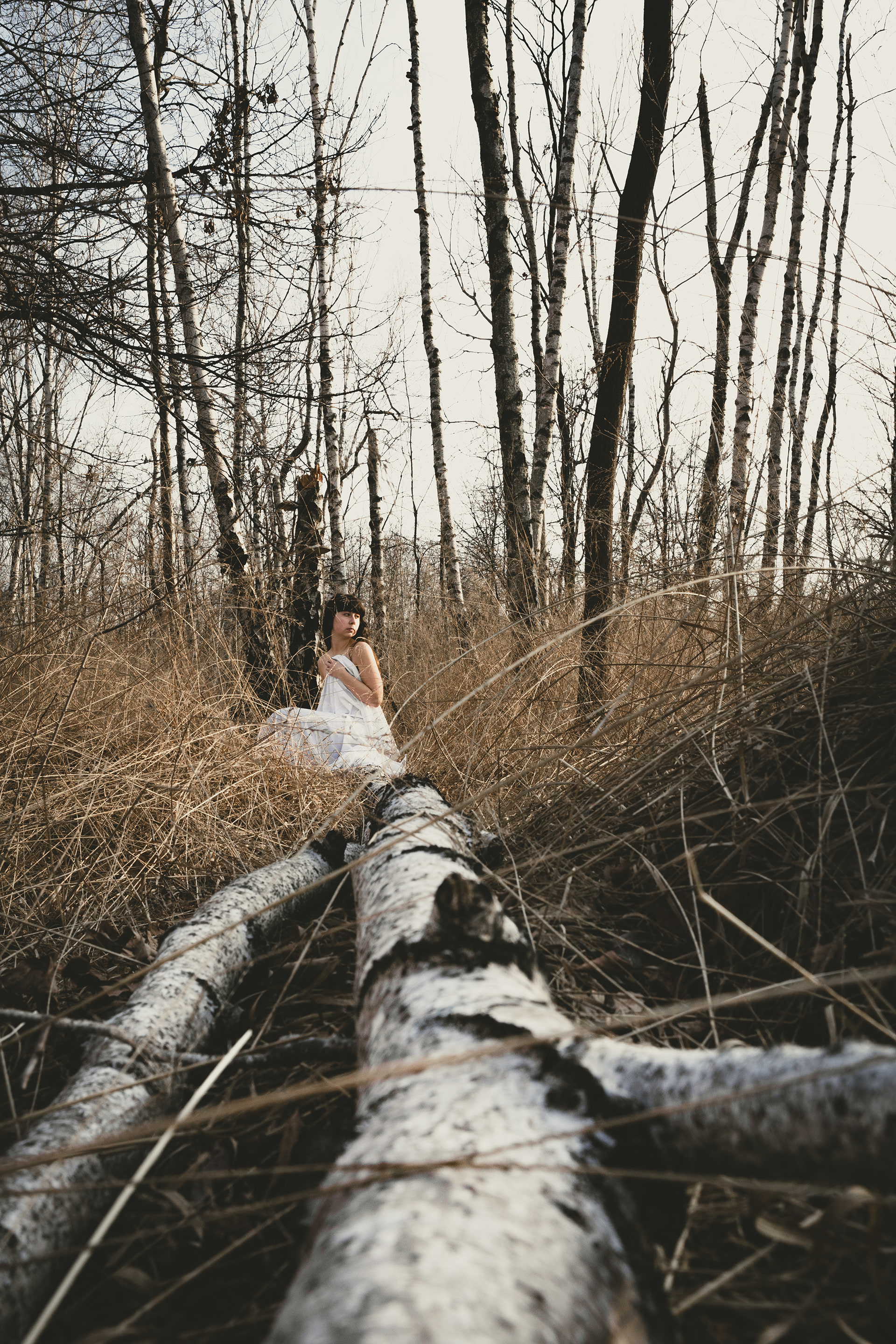
“Come la pelle della betulla / sei argentea e odorosa:
Devo contare sui tuoi occhi / Per descrivere la primavera”
Pablo Neruda
Devo contare sui tuoi occhi / Per descrivere la primavera”
Pablo Neruda
Dalla radice indoeuropea "bher(e)g" ovvero "bianco splendente", la betulla è una pianta legata alla conoscenza e alla guarigione, purificatrice e rimedio per molti mali. Resiste molto bene al freddo, ma esige piena luce. I suoi occhi neri cosparsi su tutto il tronco bianco la rendono un albero-spirito, permeata di luce e aria. Nella sua leggerezza colonizza anche terreni poco favorevoli, nutrendo il terreno e preparandolo per altre specie, che a volte arrivano a soffocarla, portandola al sacrificio.
Per questo nell'antichità veniva considerata la "pianta degli inizi", l'asse del mondo che crea un passaggio tra inferi e mondo dei vivi, il punto dove il cerchio si apre e si chiude.
Per questo nell'antichità veniva considerata la "pianta degli inizi", l'asse del mondo che crea un passaggio tra inferi e mondo dei vivi, il punto dove il cerchio si apre e si chiude.
Vorrei essere come lei: diritta ma delicata, squamarmi della mia pelle ed evolvermi ma essere sempre io, attraversare i miei inferi e ritornare in superficie, continuare a chiudere e ad aprire il mio cerchio, leggera e decisa nel preparare il mio futuro. Splendere anche d'inverno, anche da abbattuta.
___________________________
"Like the skin of a birch / you are silvery and fragrant:
I must rely upon your eyes / to describe spring"
Pablo Neruda
I must rely upon your eyes / to describe spring"
Pablo Neruda
From the Indo-European root "bher(e)g" meaning "shining white," birch is a plant related to knowledge and healing, a purifier and remedy for many ills. It withstands cold very well, but demands full light. Its black eyes sprinkled all over the white trunk make it a spirit-tree, permeated with light and air. In its lightness it also colonizes unfavorable land, nourishing the soil and preparing it for other species, which sometimes come to suffocate it, leading it to be sacrificed.
That is why in ancient times it was considered the "plant of beginnings," the axis of the world that creates a passage between the underworld and the world of the living, the point where the circle opens and closes.
That is why in ancient times it was considered the "plant of beginnings," the axis of the world that creates a passage between the underworld and the world of the living, the point where the circle opens and closes.
I would like to be like her: upright but delicate, scaling my skin and evolving but still being me, crossing my underworld and returning to the surface, continuing to close and open my circle, light and decisive in preparing my future. Shine even in winter, even when shot down.
_________________________________________
GROUND ME TO EARTH
aprile 2024
aprile 2024
Esci di casa nella remota convinzione che così ansia e tristezza molleranno la presa. La verità è che te le stai portando a passeggio, appollaiate una di qua e una di là sulle tue spalle, probabilmente felici di prendere un po' d'aria ed espandere il loro dominio su tutto ciò che il tuo sguardo tocca. Sai la strada, ma ad ogni passo sei sempre più persa, non nel mondo ma dentro di te che non sai cosa vuoi, cosa cerchi, cosa ci fai lì nel bosco la mattina di un giorno settimanale mentre tutto il mondo lavora e sembra sapere dove sta andando.
Cara edera, legami alla terra come hai allacciato i malleoli e i ginocchi di D'Annunzio nella pineta. Legami a questo mondo e non al mio che in questo momento sta vorticando su se stesso, legami a questo pianeta e tienimi, tienimi stretta, fammi respirare un po' di pace del tuo abbraccio nel mio corpo.
Tutti noi umani persi nel bosco dei pensieri: allacciamo le cinture per questo viaggio che - chi sa dove, chi sa dove!
E andiam di fratta in fratta,
or congiunti or disciolti
(e il verde vigor rude
ci allaccia i mallèoli
c'intrica i ginocchi)
chi sa dove, chi sa dove!
- D'Annunzio, La pioggia nel pineto
or congiunti or disciolti
(e il verde vigor rude
ci allaccia i mallèoli
c'intrica i ginocchi)
chi sa dove, chi sa dove!
- D'Annunzio, La pioggia nel pineto
___________________________
You leave the house in the remote belief that this is how anxiety and sadness will let go. The truth is that you are taking them for a walk, perched one here and one there on your shoulders, probably happy to get some air and expand their dominance over everything your gaze touches. You know the way, but with each step you are more and more lost, not in the world but within yourself not knowing what you want, what you are looking for, what you are doing there in the woods on a weekday morning while all the world is working and seems to know where it is going.
Dear ivy, bind me to the earth as you laced D'Annunzio's malleolus and knees in the pine forest. Bind me to this world and not to my own that at this time is whirling in on itself, bind me to this planet and hold me, hold me tight, let me breathe some peace of your embrace into my body.
Dear ivy, bind me to the earth as you laced D'Annunzio's malleolus and knees in the pine forest. Bind me to this world and not to my own that at this time is whirling in on itself, bind me to this planet and hold me, hold me tight, let me breathe some peace of your embrace into my body.
All of us humans lost in the forest of thoughts: let us buckle up for this journey that - who knows where, who knows where!
And let us go from valley to valley,
now united now untied
(And the green vigor rough
fastens our laces
Tangles our knees)
Who knows where, who knows where!
- D'Annunzio, The Rain in the Pine Grove
now united now untied
(And the green vigor rough
fastens our laces
Tangles our knees)
Who knows where, who knows where!
- D'Annunzio, The Rain in the Pine Grove
